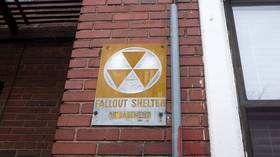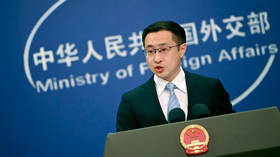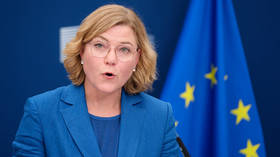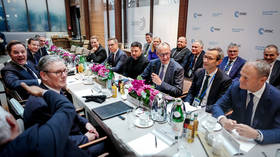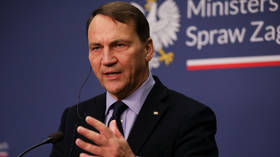Putin changes Russia’s obligations on nuclear test ban

Russia has downgraded its participation in the 1996 Comprehensive Nuclear-Test-Ban Treaty (CTBT) to the status of a signatory. President Vladimir Putin signed the change into law on Thursday, revoking Moscow’s ratification.
The bill was approved by both houses of parliament last month. Specifically, it changed a 2000 Russian law by removing any mention of ratification of the CTBT, while leaving the rest of the text intact.
The Kremlin stressed that the move was taken in response to US policies regarding the ban, and does not signal an intention to renew underground nuclear bomb tests.
“Among the states that have not ratified the Treaty, the most destructive position is that of the US, which has for many years declared that there would be no support for ratifying the Treaty in Congress,” Putin’s office said in a statement. “Thus, there was an imbalance between Russia and the US in terms of obligations under the Treaty, which is unacceptable in the current international situation”.
The CTBT has not entered force because its terms require ratification by all nations on a list of 44, which operated nuclear reactors in 1996. With Russia’s withdrawal, the treaty will be nine ratifications short of taking effect. The remaining seven absentees are China, North Korea, Egypt, India, Iran, Israel, and Pakistan.
President Putin has suggested that the US may decide to break its de facto moratorium on live nuclear tests as part of the modernization of its arsenal. If this happens, he pledged, Russia will follow suit.
Last month, the US Department of Energy’s National Nuclear Security Administration (NNSA) conducted what it called an underground chemical explosion experiment at the Nevada National Security Site (NNSS), a key nuclear test range. It was described as bolstering Washington’s capability to detect nuclear explosions.
